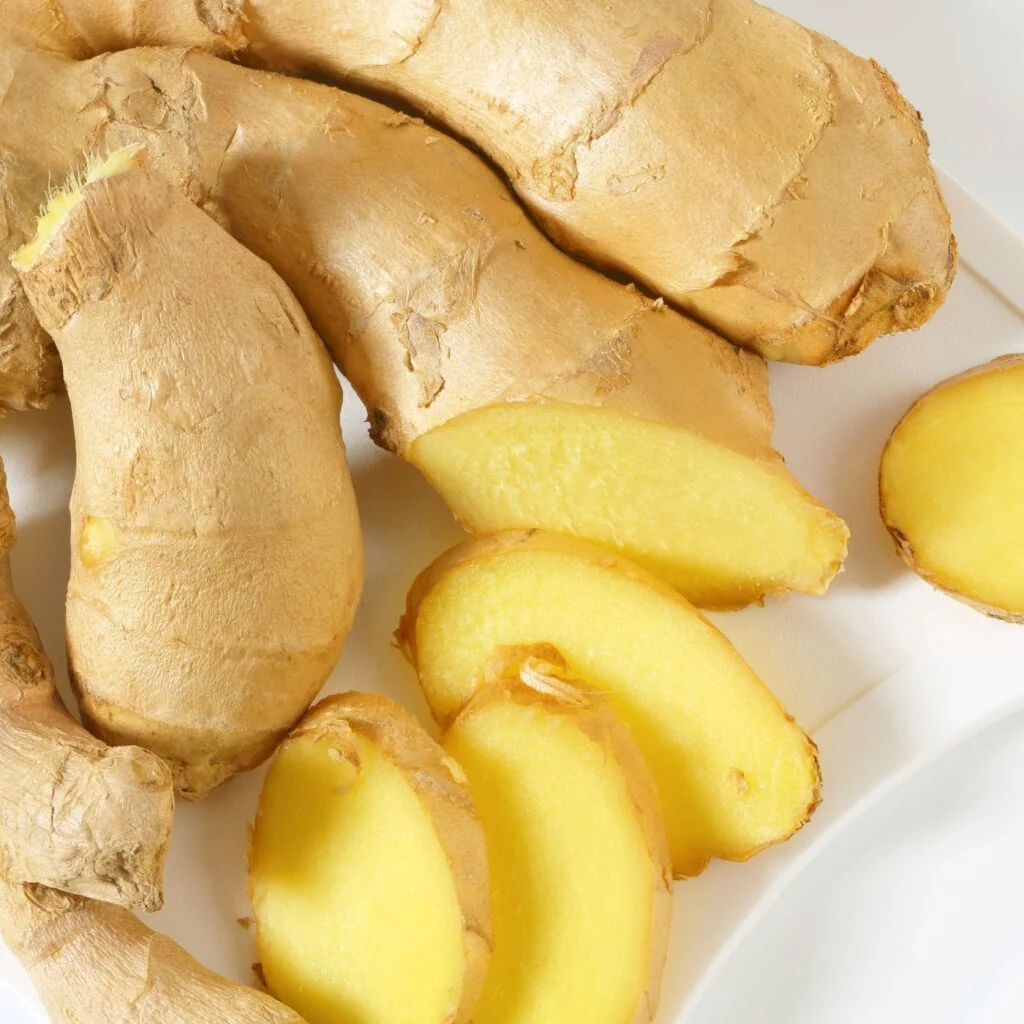Ginger, a rhizome derived from the Zingiber officinale plant, has long been revered for its culinary and medicinal properties. Beyond its reputation as a flavorful spice, ginger has been the subject of scientific scrutiny regarding its potential positive effects on cardiovascular health. In this article, we will delve into the intricate relationship between ginger and heart health, exploring the various ways in which this ancient root may contribute to cardiovascular well-being.
- Anti-Inflammatory Properties:
One of the key factors influencing heart health is inflammation, a process linked to the development of various cardiovascular diseases. Ginger boasts potent anti-inflammatory properties, primarily attributed to its bioactive compounds, such as gingerol, paradol, and shogaol. These compounds have been shown to inhibit inflammatory pathways and reduce the production of pro-inflammatory molecules.
By mitigating inflammation, ginger may play a crucial role in preventing the initiation and progression of atherosclerosis, a condition characterized by the buildup of plaque in the arteries. Atherosclerosis is a major contributor to heart disease, making ginger’s anti-inflammatory effects a promising avenue for cardiovascular protection.
- Blood Pressure Regulation:
Maintaining optimal blood pressure is essential for heart health, as high blood pressure is a leading risk factor for heart disease and stroke. Several studies have suggested that ginger may contribute to blood pressure regulation. Research indicates that ginger can help dilate blood vessels, facilitating improved blood flow and reducing resistance within the arteries.
Additionally, some studies suggest that the bioactive compounds in ginger may have a mild, positive impact on blood pressure levels. While more research is needed to fully understand the mechanisms at play, the initial findings highlight ginger as a potential ally in the quest for blood pressure management.
- Cholesterol Modulation:
Elevated levels of cholesterol, particularly low-density lipoprotein (LDL) cholesterol, contribute to the development of atherosclerosis and increase the risk of heart disease. Ginger has been investigated for its potential role in cholesterol modulation, with some studies suggesting a favorable impact on lipid profiles.
Certain compounds in ginger may help lower total cholesterol levels and reduce LDL cholesterol, while simultaneously increasing levels of high-density lipoprotein (HDL) cholesterol—the “good” cholesterol that helps remove excess cholesterol from the bloodstream. By positively influencing cholesterol levels, ginger may contribute to a healthier cardiovascular profile.

- Antioxidant Defense:
Oxidative stress is a process characterized by an imbalance between free radicals and antioxidants in the body. Excessive oxidative stress is implicated in the development of various chronic diseases, including cardiovascular disorders. Ginger’s rich array of antioxidants, including gingerol and zingerone, can neutralize free radicals, thereby reducing oxidative stress.
By scavenging harmful free radicals, ginger may help protect the delicate tissues of the heart from oxidative damage. This antioxidant defense mechanism not only supports overall health but may also contribute to the prevention of cardiovascular diseases.
- Blood Clot Prevention:
Uncontrolled blood clotting poses a significant risk to heart health, as it can lead to conditions such as heart attacks and strokes. Some research suggests that ginger may possess antiplatelet properties, meaning it can inhibit the aggregation of blood platelets.
By preventing excessive blood clot formation, ginger may help reduce the risk of thrombotic events and improve overall cardiovascular function. It’s important to note that individuals taking blood-thinning medications should consult with their healthcare providers before incorporating ginger into their routine, as it may interact with these medications.
Conclusion:
In conclusion, the effects of ginger on heart health are multifaceted, encompassing anti-inflammatory, blood pressure-regulating, cholesterol-modulating, antioxidant, and antiplatelet properties. While current research is promising, it’s crucial to view ginger as part of a holistic approach to cardiovascular well-being, including a balanced diet, regular exercise, and other heart-healthy lifestyle choices.
As with any dietary supplement or herbal remedy, it is advisable to consult with a healthcare professional before incorporating ginger into one’s routine, especially for individuals with pre-existing medical conditions or those taking medications. With ongoing research shedding light on the intricate mechanisms at play, ginger stands as a flavorful and potentially heart-protective addition to a well-rounded, heart-healthy lifestyle.
Ajigofarms is a reliable global agricultural purchase sourcing with profound expertise in the manufacturing, and exportation of food crops. We are tested, and trusted suppliers of all kinds of cash crops and food crops. Our constant supply chain solution makes exporting easy, quick, and safe, we are identified with timeliness and meeting up with deadlines. Regardless of the region you are located in worldwide, you can reliably order your Agric products and be rest assured of successful delivery.




